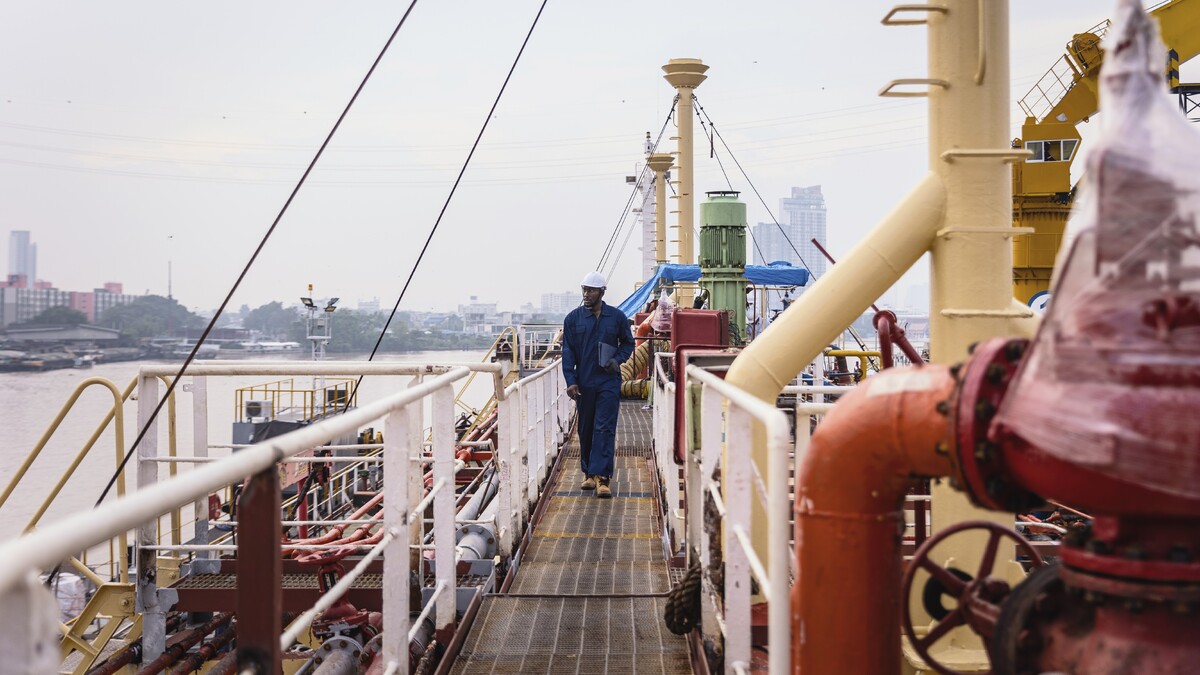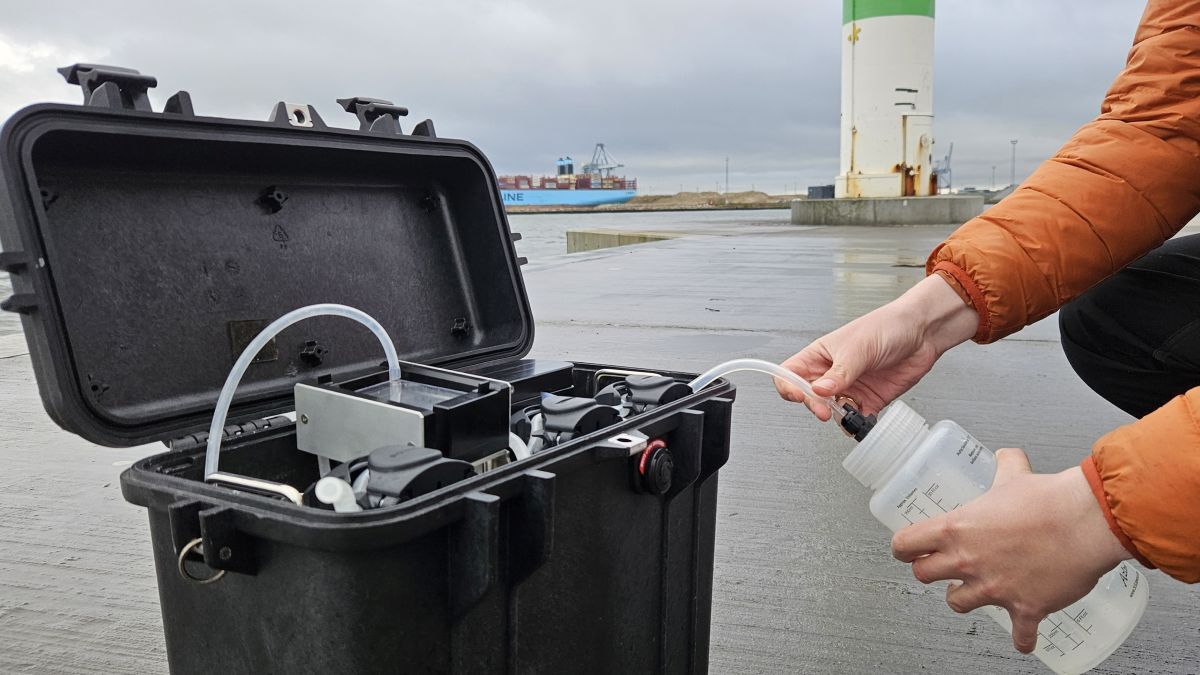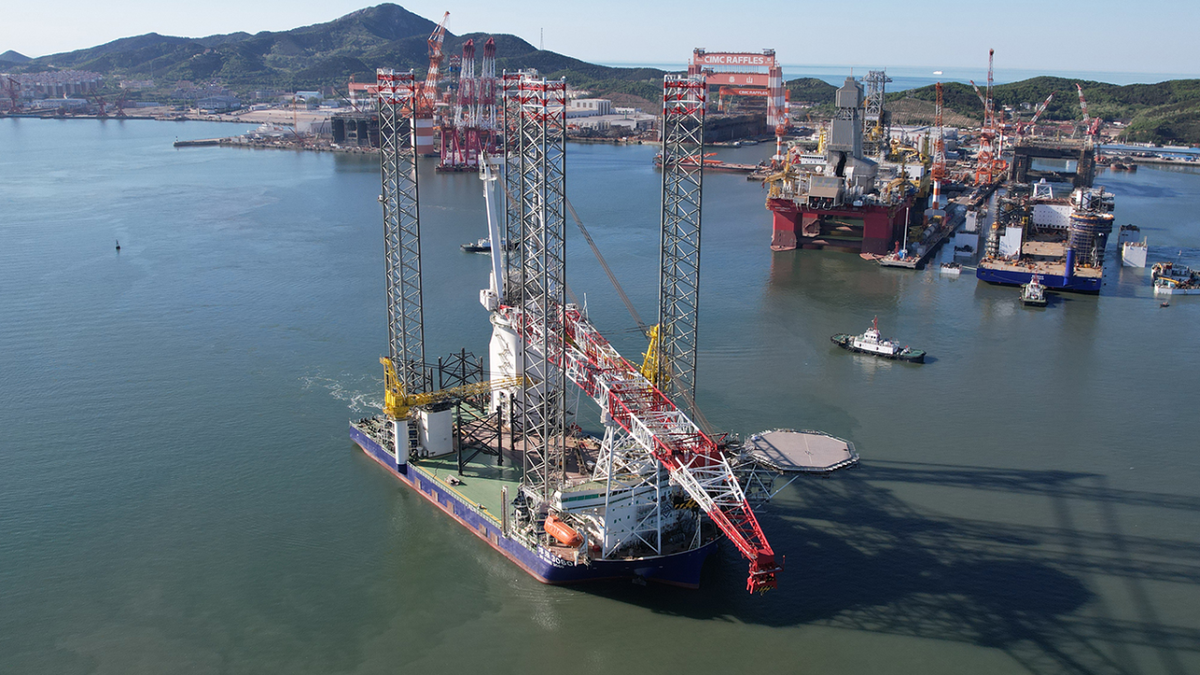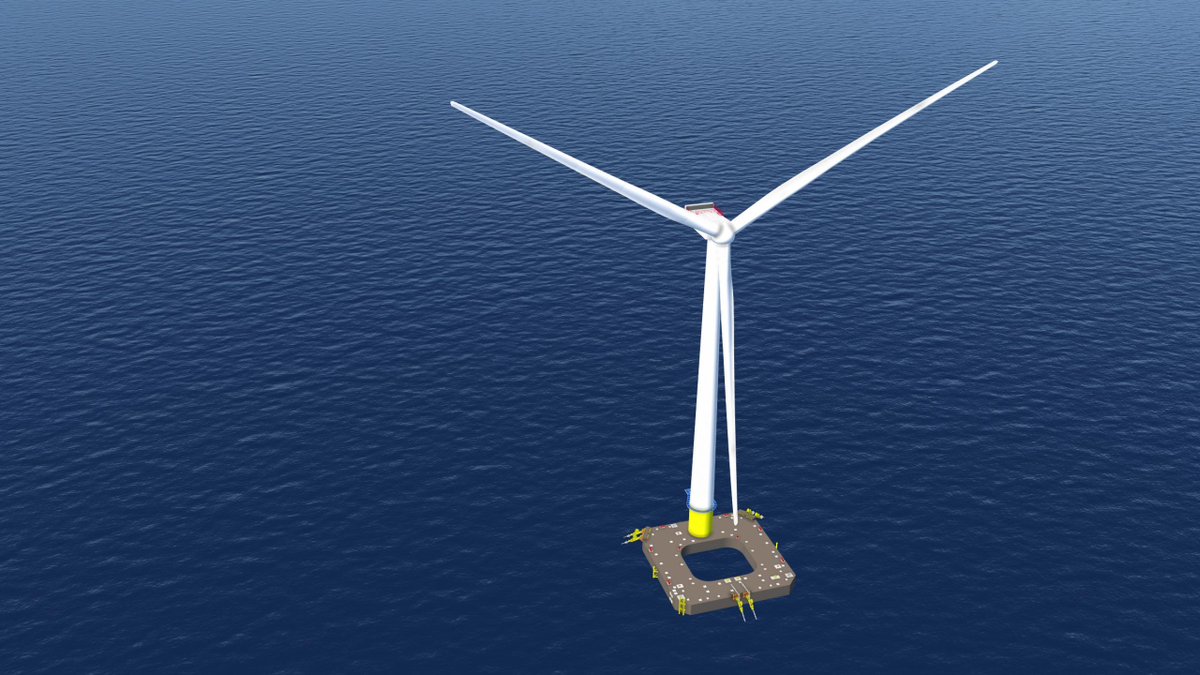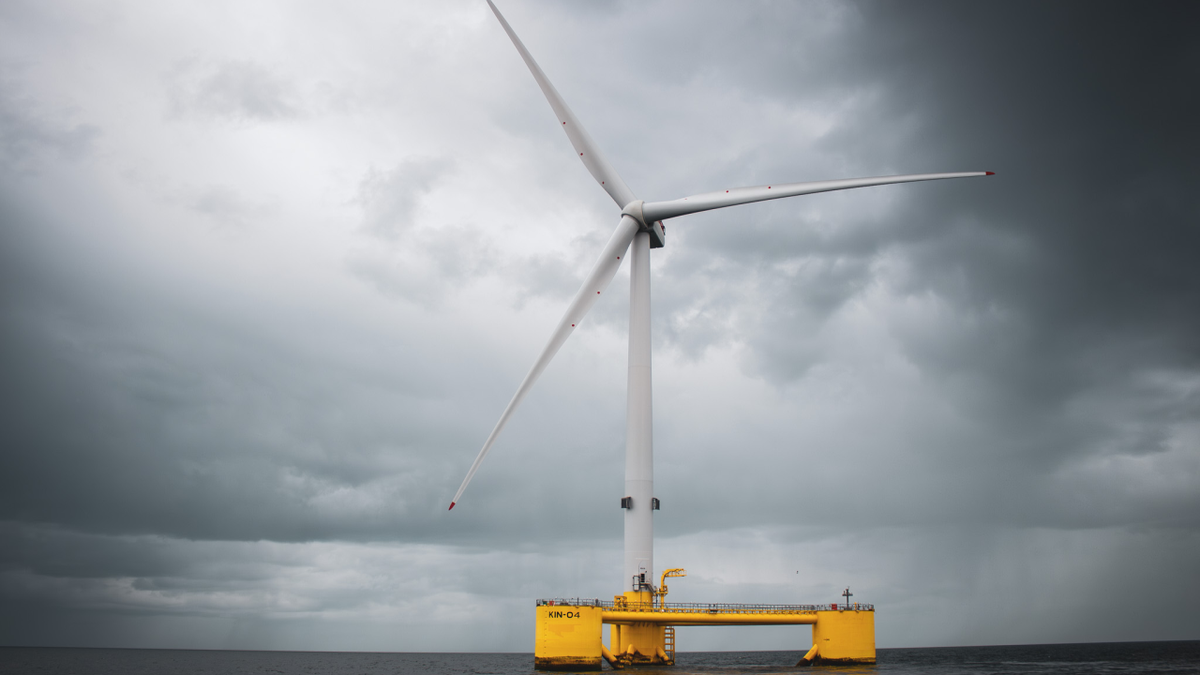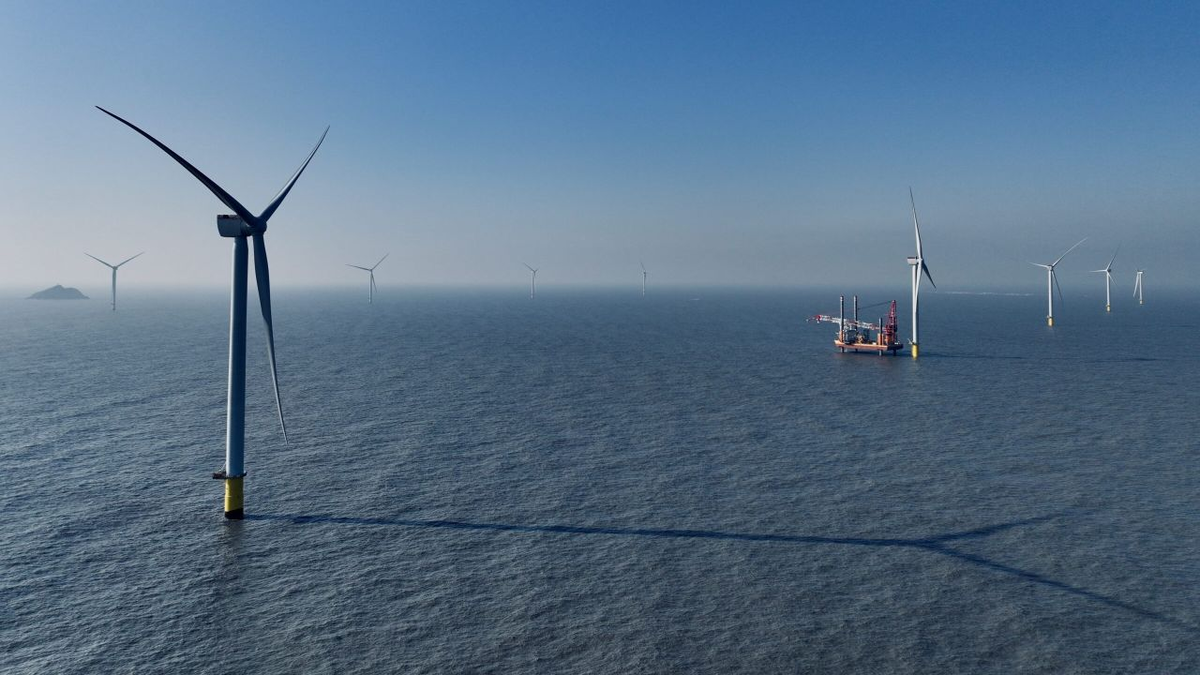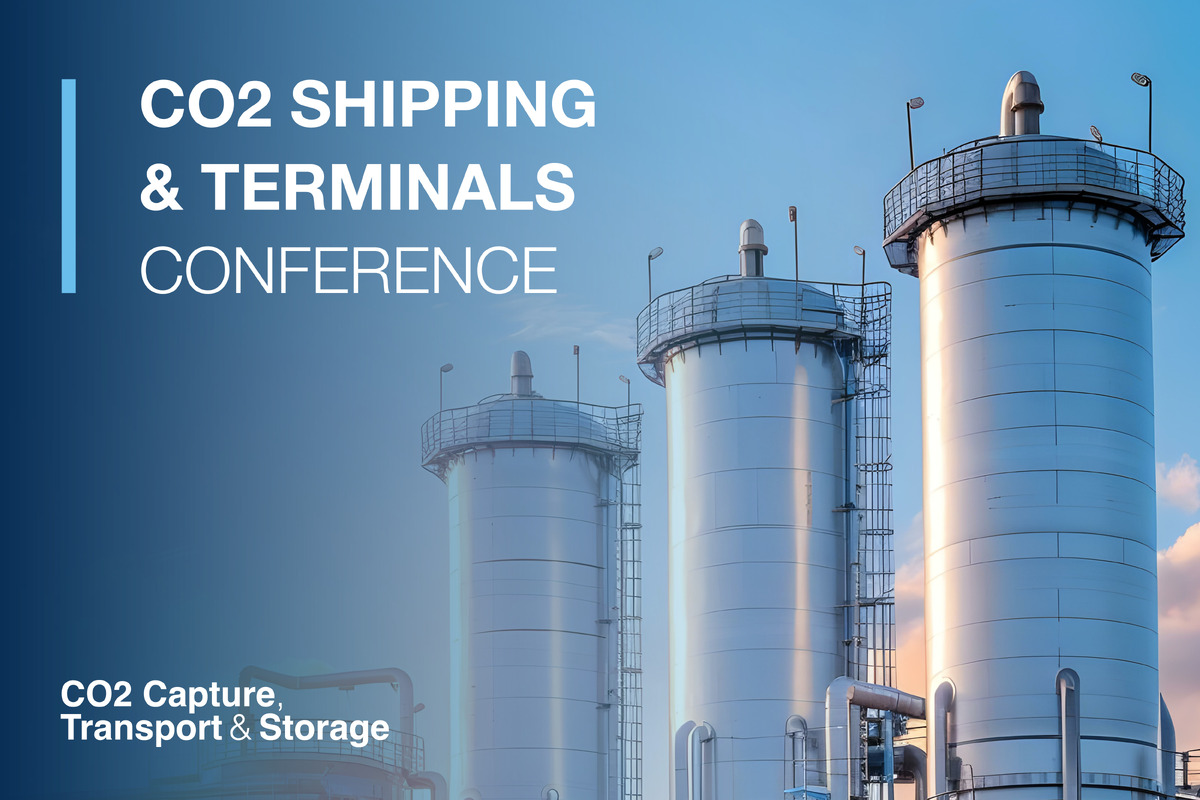Business Sectors
Contents
UPDATED: CCC recommends further ramping up of offshore wind, but grid and planning need tackling
The Climate Change Committee, the UK’s independent adviser on tackling climate change, has told the government it needs to do more if it is to reach net zero
Measures the Committee recommends in its latest Carbon Budget include further boosting the build-out of offshore wind and using clean electricity from offshore wind to produce green hydrogen on a huge scale, but doing so also needs new grid infrastructure to be implemented and planning issues to be addressed.
The Committee said the Sixth Carbon Budget can be met through a number of steps, among them, the expansion of low-carbon energy supplies. It envisages a situation in which offshore wind becomes the backbone of the whole UK energy system, growing from the Prime Minister’s promised 40 GW in 2030 to 100 GW or more by 2050.
New uses for this clean electricity are found in transport, heating and industry, pushing up electricity demand by a half over the next 15 years, and doubling or even trebling demand by 2050.
Low-carbon hydrogen scales-up to be almost as large in 2050 as electricity production is today, and hydrogen is used as a shipping and transport fuel and in industry, and potentially in some buildings, as a replacement for natural gas for heating.
Commenting on the Climate Change Committee’s Sixth Carbon Budget, published on 9 December 2020, RenewableUK head of policy and regulation Rebecca Williams said, “The CCC is right to urge Government to move faster to reach net zero by taking a series of key steps which will benefit consumers by delivering cheap energy, as well as slashing carbon emissions.
“As their latest report states, low-cost offshore wind will play a major role as the backbone of our future power system with up to 140 GW installed by 2050 – a fourteen-fold increase in our current capacity – and we also need a ramping up of onshore wind and innovative technologies like floating wind, tidal stream and renewable hydrogen to get there.
“The report highlights that this will deliver tens of thousands of new jobs throughout the UK, especially including regions which need levelling up most, as part of the Just Transition from fossil fuels to renewables. As the report points out, certainty over consenting issues and auctions for contracts to generate power will help to increase investment in the UK renewable energy supply chain.
“Billions of pounds in investment by the private sector will help to achieve this. The CCC highlights that this can only be achieved by Government enabling the construction of new grid infrastructure for offshore wind and ensuring the planning system is improved by resourcing environmental bodies appropriately, as well as working closely with other sea users and addressing aviation radar issues.
“Another vital measure highlighted by the CCC is enabling older onshore windfarms to repower with even more efficient turbines when they reach the end of their 25-year lifespan. The report suggests almost doubling onshore wind capacity overall to 25-30 GW by 2050 to generate low-cost power for consumers.
“Taking these steps will demonstrate the UK Government is leading efforts to tackle dangerous climate change in the run up to COP26 in Glasgow next year, where we can demonstrate global leadership on the biggest long-term threat all of us are facing.”
Related to this Story
Events
Reefer container market outlook: Trade disruption, demand shifts & the role of technology
Asia Maritime & Offshore Webinar Week 2025
Marine Lubricants Webinar Week 2025
CO2 Shipping & Terminals Conference 2025
© 2024 Riviera Maritime Media Ltd.

